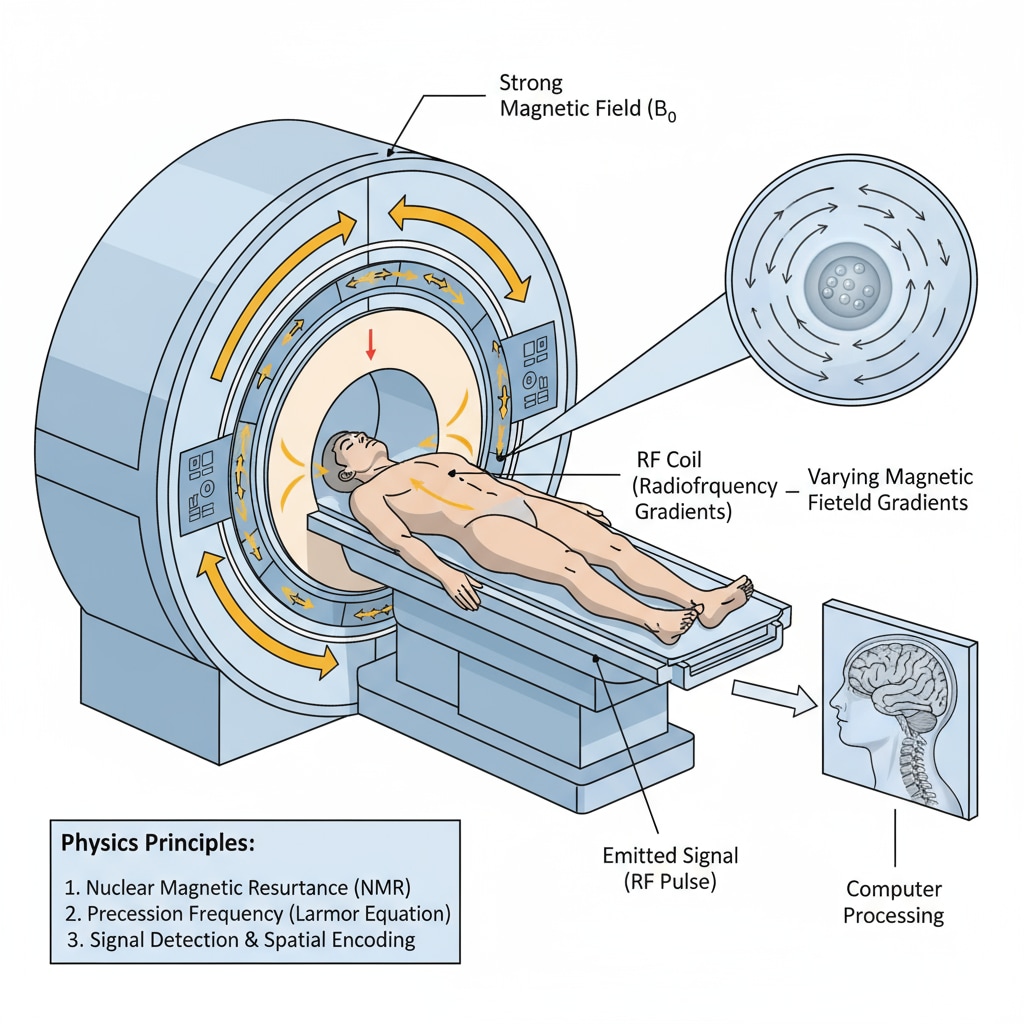In the realm of high school education, the choice between physics and chemistry in an online learning environment, especially with an eye on the health field, can be a perplexing one for students. This decision not only impacts their academic journey but also shapes their future career prospects.

As they embark on this crucial decision-making process, understanding various factors is essential.
The Allure of Physics in Online Learning for the Health Field
Physics, often regarded as the fundamental science, has significant applications in the health field. In online learning, students can explore how principles of physics are used in medical imaging technologies such as X-rays, MRIs, and CT scans. For example, Medical physicists rely on physics concepts to develop and optimize these imaging techniques. The study of physics equips students with problem-solving skills and a deep understanding of the physical world, which are highly valuable in areas like biomechanics, where the movement of the human body is analyzed. This knowledge can be applied to develop better prosthetics and orthotics, contributing to the well-being of patients.

The Appeal of Chemistry in the Online Learning Landscape for Health Aspirants
Chemistry, on the other hand, is the cornerstone of many aspects of the health field. Through online learning platforms, students can delve into the world of biochemistry, understanding the chemical reactions that occur within the human body. This knowledge is crucial for careers in pharmacy, where pharmacologists develop and test new drugs. In addition, understanding chemical properties is essential for tasks such as analyzing blood samples and developing medical treatments. Chemistry also plays a vital role in areas like nutrition, where the study of chemical composition of food helps in formulating balanced diets for patients.
When making this choice, students need to consider their personal interests. Do they find the laws of motion and energy in physics more fascinating, or are they more drawn to the study of chemical compounds and reactions? Their academic strengths also come into play. For instance, if a student excels in mathematical problem-solving, physics might be a more suitable choice, while those with a strong memory for chemical formulas and reactions may lean towards chemistry.
Readability guidance: By breaking down the decision-making process into manageable parts, students can better understand their options. Each factor, whether it’s personal interest or academic strength, should be carefully weighed. Remember to use transition words like ‘however’ and ‘in addition’ to make the flow of the article smooth.


